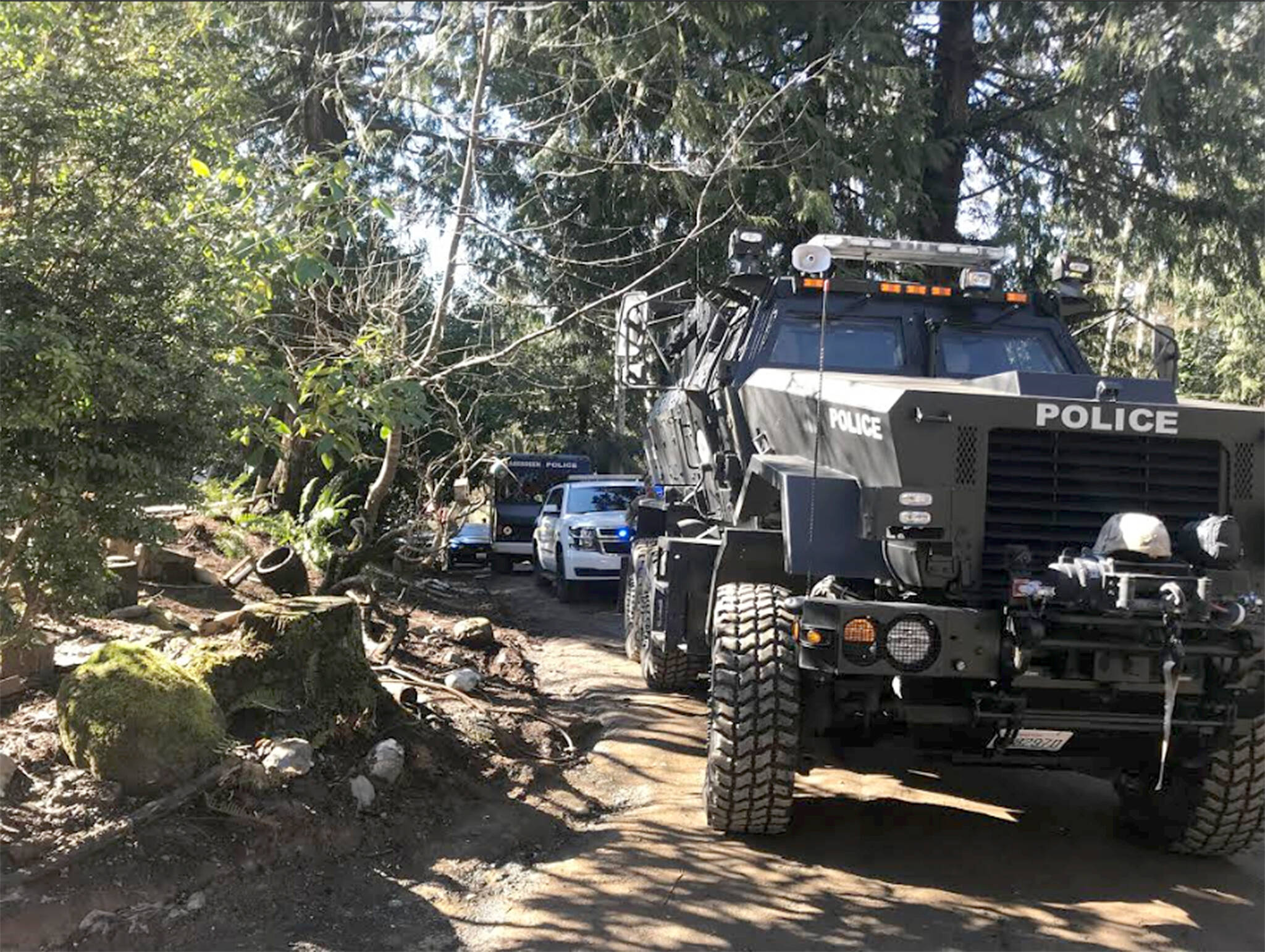A local legislator is looking to take a bite out of crime in the upcoming session of the Washington Legislature.
Nineteenth Legislative District Rep. Jim Walsh, R-Aberdeen, prefiled two bills last week for the legislative session, which begins on Jan. 10. Both bills focus on crime problems in the state, as Walsh seeks to address the impacts of a series of police reform bills passed last legislative session.
A dozen police reform bills went into effect statewide in July 2020 after being signed by Gov. Jay Inslee in May. The two most controversial bills are House Bill (HB) 1310 and House Bill (HB) 1054.
HB 1310 established new use-of-force standards for police and modified the criminal liability protections for homicide or use of deadly force committed or used by peace officers. HB 1054 limited the use of certain police tactics such as chokeholds, neck restraints, tear gas, and unleashed K-9 units.
The reforms were presented in response to national events, such as the killing of George Floyd by a police officer in Minneapolis, and more local incidents like the confrontations between Seattle Police Department personnel and social reform protesters in downtown Seattle in 2020. Earlier this year, an independent oversight agency found that Seattle police officers who used blast balls and tear gas during the protests violated department policies.
Walsh, who serves as ranking Republican on the House Civil Rights and Judiciary Committee, believes the “unintended consequences” of the reform legislation present immediate dangers to public safety in the state of Washington.
“Last session, the Governor, the State Attorney General and their supporters in the Legislature hastily pushed through legislation that was intended to ‘reform’ law enforcement activity in this state,” Walsh said in a press release last week.
“What these rushed policies actually did was make our streets more dangerous. They emboldened felons and violent criminals. And the good people of Washington are suffering higher crime rates right now because of it. We need to move quickly to fix these problems.”
House Bill 1588 would restore the ability of peace officers to engage in vehicular pursuits in reasonable situations. Restrictions on vehicular pursuits were established by HB 1054.
Aberdeen Police Chief Steven Shumate believes that HB 1054 has contributed negatively to public safety in the city. In his 33 years as a law enforcement officer, Shumate has generally supported any changes that increases transparency, but he feels that HB 1054 makes it harder for law enforcement to provide safe and adequate service to the public.
“I recognize why the Legislature chose to focus on vehicle pursuits, but personally I think it went too far. It’s not something, generally speaking, that improves public safety,” Shumate said.
Under HB 1054, law enforcement personnel are unable to engage in vehicle pursuits with subjects unless they meet a strict set of circumstances. This includes probable cause to believe that a person in the vehicle has committed or is committing a violent offense or sex offense; that the pursuit is necessary to indentify or apprehend the person; and that the safety risks of failing to apprehend or identify the person are considered to be greater than the safety risks associated with the vehicular pursuit.
Shumate also feels that HB 1310 has made serving the public more difficult, particularly when it comes to scenarios that fall under the Involuntary Treatment Act (ITA). The bill strictly defines legal use of force except when necessary to make an arrest, prevent and escape, or protect against an imminent threat.
Police officers in Washington are now unable to take individuals into protective custody in order to provide them with necessary social services.
“Personally, I would argue these consequences weren’t ‘unintended’, because we told them that this would be a challenge,” said Shumate.
Walsh describes HB 1588 and HB 1589 as “surgical fixes” aimed to prioritize the most pressing changes enacted last summer.
“They address the most urgent trouble hurting us right now. It’s like triage in an emergency room. We need to make these changes first, to stop the bleeding. Then, we can look more deliberatively at changes we need to make to resolve the other public safety problems plaguing our state,” he said.



